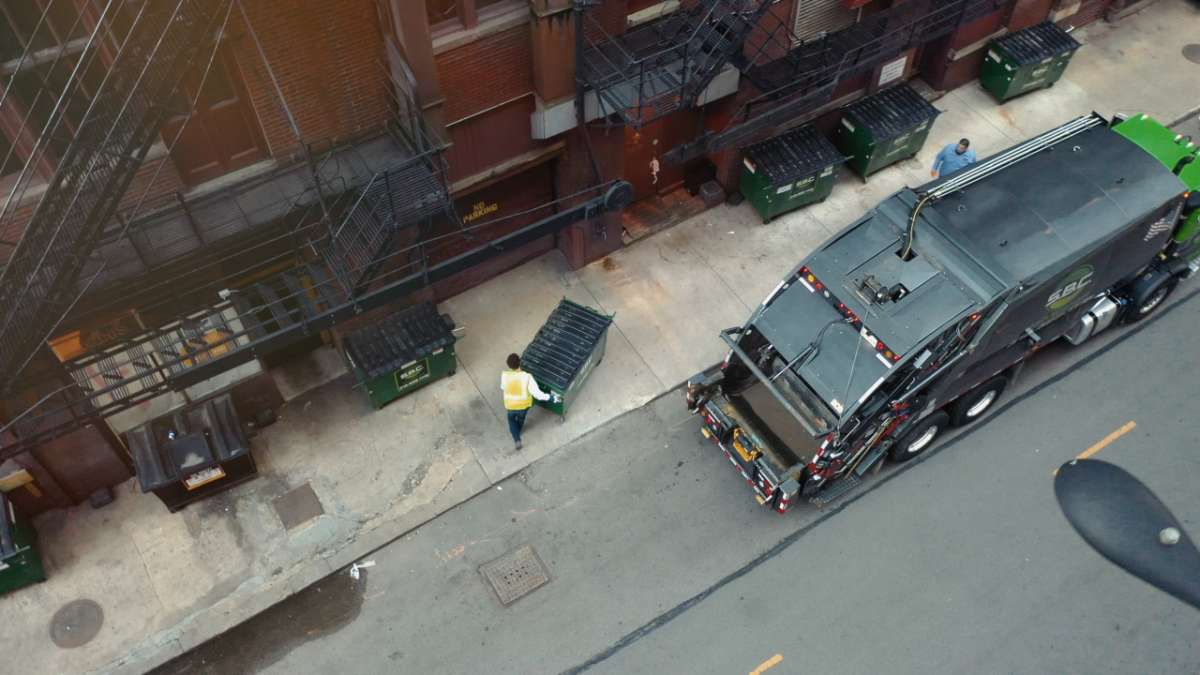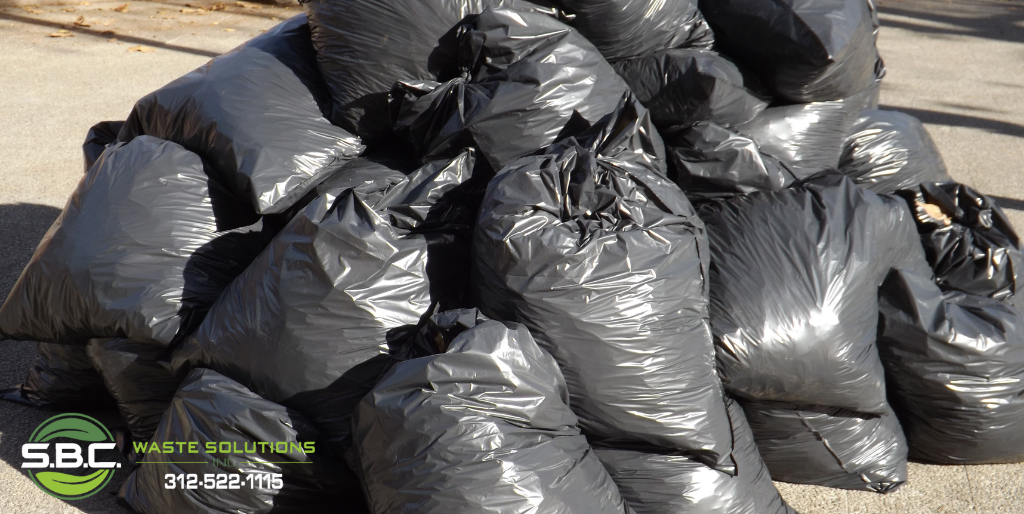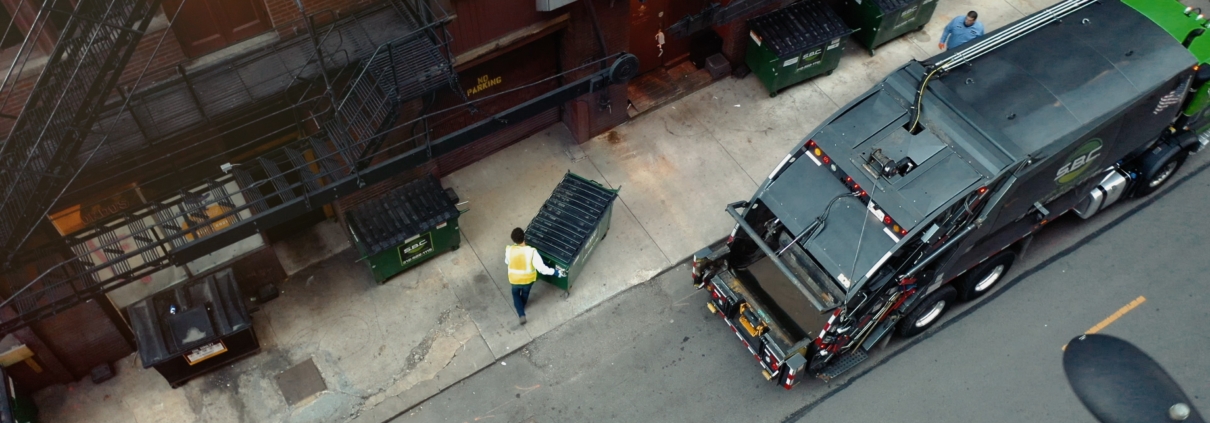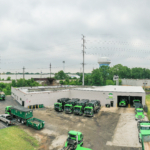Understanding Garbage Pickup Schedules and Rules
Understanding Garbage Pickup Schedules and Rules in Your Area
Ever found yourself peeking out of the window, wondering if it’s trash day, only to realize you missed it again? Understanding your local garbage pickup schedule and rules can save you from more than just a missed collection. It can keep your community clean, help you avoid hefty fines, and even contribute to a more eco-friendly lifestyle. In this comprehensive guide, we’ll walk you through everything you need to know about garbage pickup schedules and rules, offering practical tips and valuable insights along the way.
Why Knowing Your Local Pickup Schedule Matters
Understanding your local garbage pickup schedule is crucial for several reasons, particularly when it comes to the impact on community cleanliness and avoiding fines and penalties.
- Impact on Community Cleanliness: When residents adhere to their local garbage pickup schedules, it significantly enhances the cleanliness and hygiene of the community. Properly timed disposal ensures that waste doesn’t linger on the streets, reducing the risk of attracting pests or creating unsightly messes. A well-maintained community is not only more pleasant to live in but also promotes public health and safety by minimizing the potential for litter and environmental contamination.
- Avoiding Fines and Penalties: Missing your designated garbage collection day can lead to unintended consequences, including fines and penalties. Many municipalities have strict regulations concerning waste disposal, and failing to comply can result in hefty charges. By staying informed about your pickup schedule and following local rules, you can avoid these unnecessary expenses. Additionally, consistent compliance helps streamline the collections process, making it more efficient for sanitation workers and beneficial for all residents.

Garbage Pickup Schedules and Rules
Typical Garbage Pickup Rules and Regulations
Understanding and adhering to typical garbage removal rules and regulations is essential for maintaining order and cleanliness in your community. While regulations may vary depending on your location, here are some common guidelines to keep in mind:
- Proper Sorting of Waste: Many municipalities require residents to separate their waste into categories such as recyclables, organic waste, and general trash. Items like glass, paper, and plastics usually go into a recycling bin, while food scraps and yard waste belong in an organic waste container.
- Container Placement: Garbage bins should be placed at the curb or designated pickup locations by a specific time, usually the night before or early on the morning of collection day. Ensure that bins are spaced appropriately apart to facilitate easy access for the collection trucks.
- Securely Close Bags and Bins: To prevent spillage and discourage pests, it’s important to tie garbage bags securely and keep bin lids closed. This measure helps maintain cleanliness and avoids attracting animals like raccoons or stray dogs.
- Weight and Size Limits: Garbage bags and bins often have weight limits to ensure that they can be safely lifted by sanitation workers or collection machinery. Overloading bins can lead to missed pickups or additional charges. Be aware of any restrictions on the size and weight of your waste containers.
- Bulk Item Disposal: For larger items such as furniture, appliances, or bulk yard waste, most communities have special collection days or require you to schedule a separate pickup. Check local guidelines to understand the process for disposing of bulk items properly.
- Hazardous Waste Disposal: Materials considered hazardous, such as batteries, paint, chemicals, and electronics, require special handling and should not be placed with regular trash. Many areas have designated drop-off sites or special collection events for hazardous waste.
By following these common rules and regulations, you contribute to a more efficient waste disposal system and a cleaner, safer environment for everyone.
How to Find Your Specific Pickup Schedule
Locating your specific garbage pickup schedule can be a straightforward process if you know where to look.
- Visit Your Local Municipality’s Website: Most cities and towns have official websites that provide comprehensive details about garbage collection services. These sites often have sections dedicated to waste management, where you can find calendars, guidelines, and any pertinent updates regarding collection days.
- Use Mobile Apps: Many municipalities have developed mobile applications to help residents stay informed about waste collection services. Apps like “Recycle Coach” or “My Waste” often allow you to input your address and receive customized pickup schedules and reminders right on your smartphone.
- Call Local Offices: If you prefer a more direct approach, you can call your local waste management office. Customer service representatives can provide you with the specific schedule for your address and answer any questions you might have about waste disposal rules and regulations.
- Check Community Bulletins: In smaller towns or close-knit neighborhoods, community bulletins, local newspapers, or newsletters may include garbage pickup schedules. These can be a reliable source of information, especially if there are any temporary changes or notifications.
- Ask Your Neighbors: Sometimes, the easiest way to find out when garbage is collected in your area is to ask your neighbors. Long-time residents are likely to know the schedule well and can provide useful insights.
By utilizing these resources, you can easily stay up-to-date with your garbage pickup schedule, ensuring that you never miss a collection day.

Garbage Pickup Service
How to Prepare Your Garbage for Pickup
Proper preparation of your garbage for pickup not only ensures efficiency but also maintains cleanliness and prevents issues during collection. Here are some essential steps to prepare your garbage effectively:
- Sort Your Waste: Divide your waste into appropriate categories such as recyclables, organic waste, and general trash. Follow your municipality’s guidelines to ensure items are placed in the correct bins or bags. Typically, materials like paper, metal cans, and certain plastics go into the recycling bin, while food scraps and yard waste are collected separately.
- Bag Your Trash: Seal all general waste in durable garbage bags to prevent leaks and spills. Make sure the bags are not overfilled to minimize the risk of tearing. Double bagging is recommended for particularly wet or smelly waste.
- Use Proper Containers: Place your bagged trash in the designated garbage bins or containers provided by your municipality. Ensure that the bins are in good condition with secure lids to keep pests out and contain odors. If you have multiple bins for different types of waste, make sure each type is placed in the appropriate bin.
- Clean and Dry Recyclables: Clean and dry all recyclable materials before placing them in the recycling bin. This prevents contamination of recyclable items, which can render them unsuitable for recycling waste. Rinse food containers, bottles, and cans to remove residue.
- Label Hazardous Waste: Clearly mark any hazardous waste items and follow your local guidelines for proper disposal. These items should never be placed with regular garbage as they require special handling. Use designated drop-off locations or special collection services for such materials.
- Break Down Large Items: If you have bulky items that need to be disposed of, break them down into smaller, manageable pieces if possible. This makes them easier to handle and collect. For items that cannot be broken down, check if a special collection service is required.
- Place Bins Properly: Set your bins out at the curb or designated pickup location by the specified time. Typically, this means the night before or early morning of your collection day. Align bins correctly with the handles facing your property to make it easy for collection crews to grab and empty them.
- Follow Weight and Size Limits: Ensure that your garbage bags and bins do not exceed the weight and size restrictions set by your municipality. Overfilled or oversized bins can lead to missed pickups or additional fees.
By following these steps, you can help ensure a smooth and efficient garbage collection process, keeping your community clean and organized.

Sorting Waste for Removal
Conclusion
Effective waste management is crucial for the health and wellness of our communities and the environment. By understanding your local garbage pickup schedule and properly preparing your waste for collection, you can contribute to a more efficient and sustainable waste disposal system.
Remember to always comply with your municipality’s guidelines and regulations for proper waste disposal, including recycling and hazardous waste disposal. Additionally, don’t hesitate to reach out to local resources such as websites, mobile apps, or customer service representatives if you have any questions or need assistance.
Let’s all do our part in keeping our neighborhoods clean and safe by following these simple steps for garbage pickup. Together, we can make a positive impact and create a healthier environment for generations to come.
https://www.google.com/maps?cid=4180240075447051620




Leave a Reply
Want to join the discussion?Feel free to contribute!